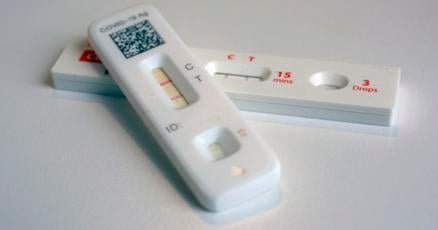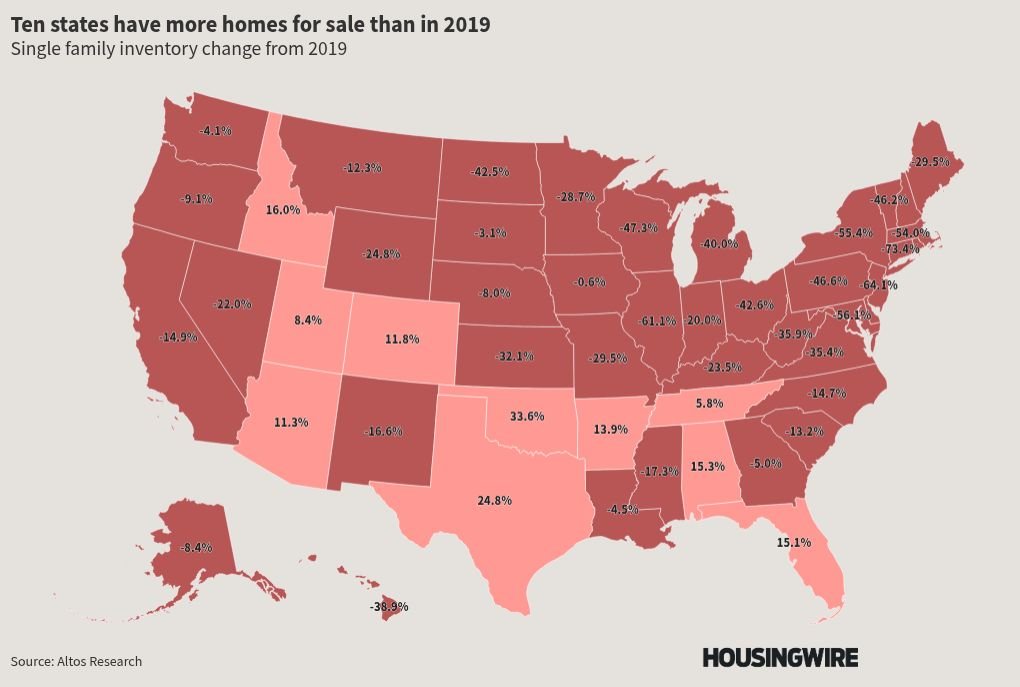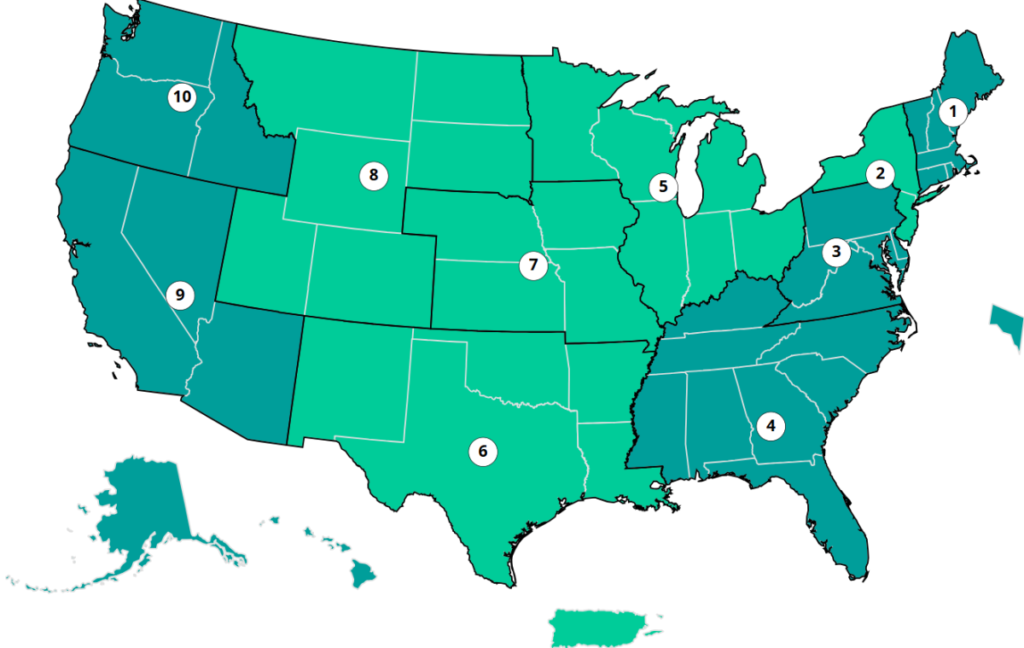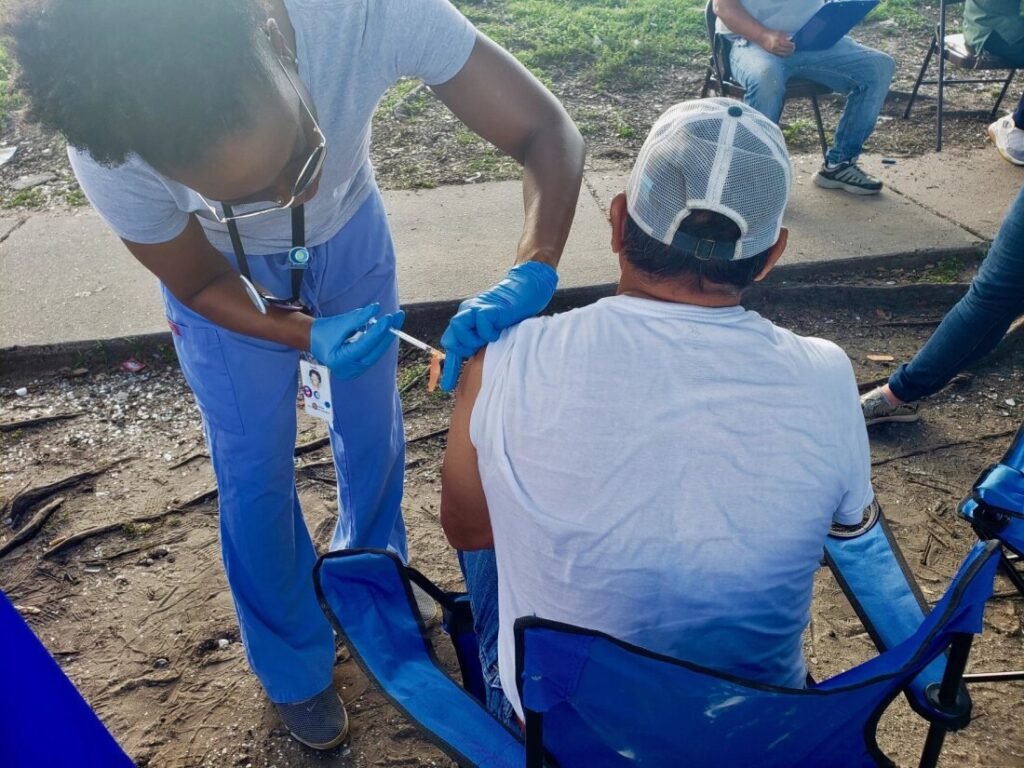If you’re traveling for the holidays, you’re probably feeling a bit worn-down—but is it just fatigue, or could it be COVID-19?
It’s probably been a minute since you last thought about COVID-19, making it natural to wonder about its symptoms in 2024. Are they any different? The same?
Of course, if you’re feeling sick, it’s a good idea to test yourself so you can know the full picture of what you’re dealing with, says Thomas Russo, MD, a professor and chief of infectious disease at the University at Buffalo in New York. Here’s what you should know.
Meet the experts: Thomas Russo, MD, a professor and chief of infectious disease at the University at Buffalo in New York.
What are the COVID symptoms to look for in 2024?
The main COVID variant in the US right now is the XEC variant—it’s currently responsible for 45 percent of COVID-19 cases in the country, according to data from the Centers for Disease Control and Prevention (CDC).
XEC is an Omicron variant, Russo explains. But it has several mutations in the spike protein, which is what the virus uses to infect you. That can make XEC more contagious than previous variants, he says.
But Russo says that XEC doesn’t have any major symptoms that are different from previous version of COVID-19. According to the CDC, symptoms may include:
- Fever or chills
- Cough
- Shortness of breath or difficulty breathing
- Sore throat
- Congestion or runny nose
- New loss of taste or smell
- Fatigue
- Muscle or body aches
- Headache
- Nausea or vomiting
- Diarrhea
“These variants still have the potential to cause severe disease,” Russo says.
Is there a booster shot against the XEC variant?
The most recent COVID-19 vaccine should offer protection against the XEC variant, Russo says. “The most recent version of the vaccine seems to be reasonably well-matched,” he says. (He just recommends keeping in mind that protection can wane over time.)
So if you haven’t gotten the most recent COVID vaccine, now is a good time to look into it.
How can I protect myself?
Making sure you’re up to date with your COVID vaccine is important, Russo says. If you’re considered high risk for severe disease, he suggests wearing a mask in crowded indoor and poorly ventilated spaces.
“If you do develop a respiratory tract illness, in consideration of others, please stay home,” Russo says.
Korin Miller is a freelance writer specializing in general wellness, sexual health and relationships, and lifestyle trends, with work appearing in Men’s Health, Women’s Health, Self, Glamour, and more. She has a master’s degree from American University, lives by the beach, and hopes to own a teacup pig and taco truck one day.








